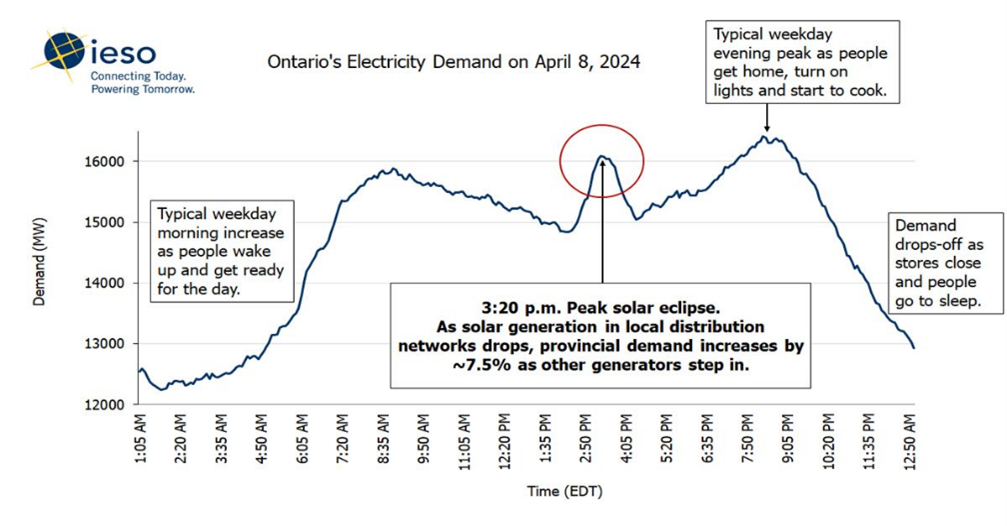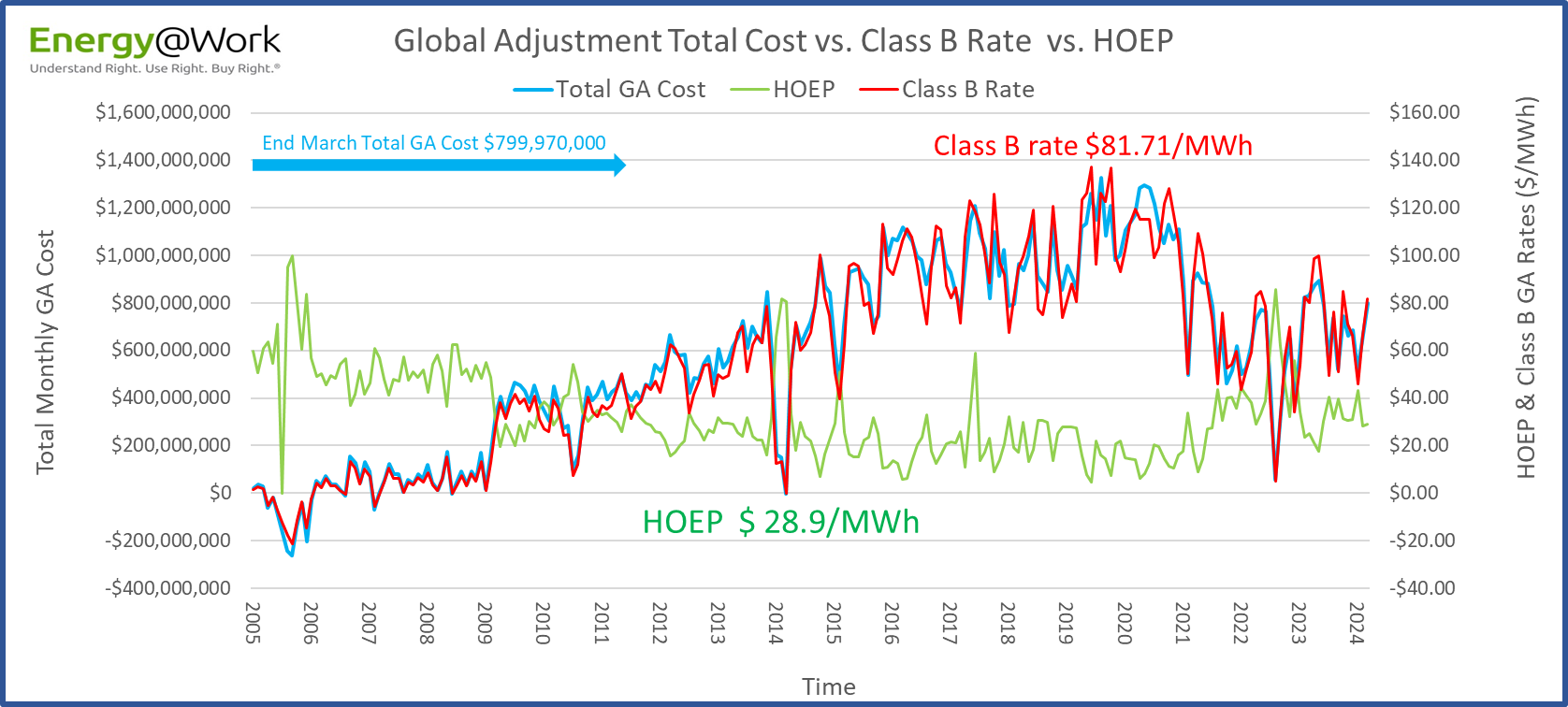“The sustainability train is on the tracks, it’s just a matter of how quickly it will reach its destination”
Municipally
The City of Toronto (CoT) created by-law 367 on December 15th, 2023, which comes into effect this year. Energy and Water Reporting and Benchmarking (EWRB) is required for buildings over 50,000 sqft and is similar to the Ministry of Energy (MoE) O. Reg 506/18. The difference is the penalty for not reporting that is in place. However, it is unlikely to be implemented for the next several years.
The CoT is also monitoring other jurisdictions, such as the City of New York’s by-law 97:
https://www.nyc.gov/site/sustainablebuildings/ll97/local-law-97.page
We are expecting to see more changes as the CoT Net Zero target by 2040 approaches.
In 2024:
April 25th: Energy@Work provided a webinar for the City of Toronto on our experiences reporting and the value it brings. A recording of the presentation will be included in our newsletter when it becomes available.
Concurrently certifying over 100 buildings to meet both city and municipal mandates (Ontario O.Reg 506/18 and Toronto’s By-Law 367)
Provincially
Ontario’ EWRB survived the Conservative’s repeal of the 2009 Green Energy Act and EWRB was transferred as Ont. Reg. 506/18 under the Electricity Act, January 1, 2019. This year, large buildings over 50,000 sqft must report energy and water by July 1st. In addition, Conservation and Demand Management (CDM) was transferred from the utilities to the IESO with significant program cuts on March 19th, 2019.
Both are great examples of how government policy changes can impact energy management and conservation efforts.
We are not anticipating significant changes in the next several years from the provincial government with an election set for June 2026.
Federally
The federal government target of Net Zero by 2050 has resulted in several program changes. The most significant being:
The Carbon Tax has become very controversial.
Funding envelopes to help companies achieve carbon reductions.
The Liberals and New Democrats have agreed on an alliance that is tenuous but will probably hold until the next federal election scheduled for October 2025. It is therefore unlikely to see a significant change that would affect the commercial sector.
Private sector response
Peer pressure and competition are most likely to have the biggest impact as companies work to better position themselves. Carbon and cost reduction have been significant drivers through operational improvements vs capital because of high costs and interest rates. An Energy Management Action Plan (E-MAP) that targets reductions are in demand, providing they can demonstrate results.
We would love to keep this conversation going! If you have any questions or comments on the above, or if you see things changing in other ways, we’d love to hear from you!
Reach out at requests@energy-efficiency.com











